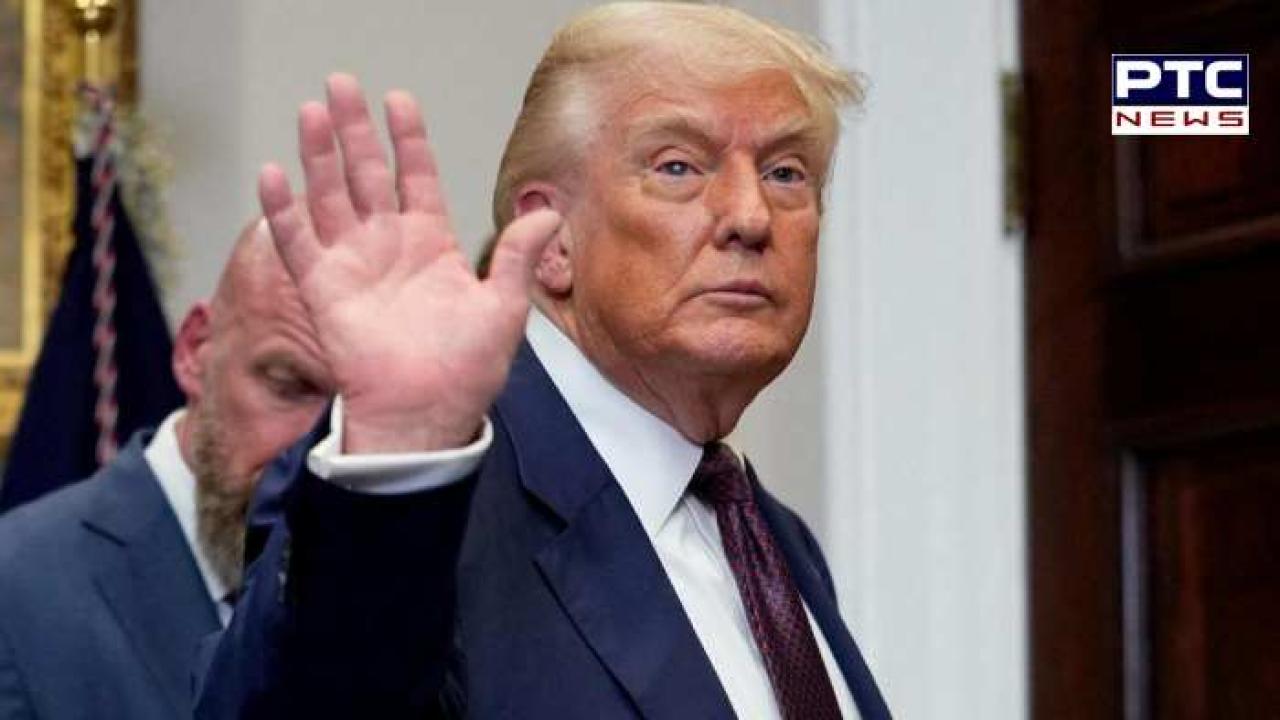World
India Challenges US and EU on Russian Oil Imports Amid Criticism

India has issued a strong rebuttal to criticism from the United States and the European Union regarding its continued imports of oil from Russia. The Ministry of External Affairs (MEA) described the backlash as “unjustified and unreasonable,” emphasizing the hypocrisy of Western nations that maintain significant trade relations with Moscow. This response follows a warning from US President Donald Trump about potential tariff increases on India due to its ongoing purchases of Russian oil amid the ongoing conflict in Ukraine.
In a statement released on Monday, the MEA defended India’s decision to procure discounted oil from Russia, which it claims was necessary after traditional suppliers redirected their exports to Europe following the outbreak of the Ukraine war. The ministry pointed out that at the onset of the conflict, the United States had actually supported India’s actions, viewing them as a means to stabilize global energy markets.
The MEA stressed that India’s energy imports are crucial for ensuring affordable and dependable fuel prices for its consumers. The statement highlighted the necessity of these imports, which are driven by the current global market conditions. “India’s imports are meant to ensure predictable and affordable energy costs to the Indian consumer. They are a necessity compelled by global market situation,” the ministry stated.
In a pointed critique of the US and EU’s stance, the MEA noted the disparity in trade practices. It highlighted that the very nations criticizing India are also engaged in substantial trade with Russia, which, unlike India’s situation, does not stem from critical national needs. The ministry referenced data indicating that bilateral trade between the European Union and Russia in 2024 was “significantly more” than India’s total trade with Russia during that same period.
Furthermore, the MEA called attention to ongoing imports by the United States from Russia, which include uranium hexafluoride for the nuclear industry, palladium for the electric vehicle sector, fertilizers, and chemicals. This information underscores the complexity of the global trade landscape and raises questions about the fairness of the criticism directed at India.
As diplomatic tensions simmer, India remains firm in its position, reinforcing the argument that its energy procurement strategy is not only a matter of economic necessity but also a response to shifting global dynamics. The situation illustrates the intricate balance of international relations where energy needs and geopolitical strategies often intersect.
-

 World5 months ago
World5 months agoSBI Announces QIP Floor Price at ₹811.05 Per Share
-

 Lifestyle5 months ago
Lifestyle5 months agoCept Unveils ₹3.1 Crore Urban Mobility Plan for Sustainable Growth
-

 Science4 months ago
Science4 months agoNew Blood Group Discovered in South Indian Woman at Rotary Centre
-

 World5 months ago
World5 months agoTorrential Rains Cause Flash Flooding in New York and New Jersey
-

 Top Stories5 months ago
Top Stories5 months agoKonkani Cultural Organisation to Host Pearl Jubilee in Abu Dhabi
-

 Sports4 months ago
Sports4 months agoBroad Advocates for Bowling Change Ahead of Final Test Against India
-

 Science5 months ago
Science5 months agoNothing Headphone 1 Review: A Bold Contender in Audio Design
-

 Top Stories5 months ago
Top Stories5 months agoAir India Crash Investigation Highlights Boeing Fuel Switch Concerns
-

 Business5 months ago
Business5 months agoIndian Stock Market Rebounds: Sensex and Nifty Rise After Four-Day Decline
-

 Sports4 months ago
Sports4 months agoCristian Totti Retires at 19: Pressure of Fame Takes Toll
-

 Politics5 months ago
Politics5 months agoAbandoned Doberman Finds New Home After Journey to Prague
-

 Top Stories5 months ago
Top Stories5 months agoPatna Bank Manager Abhishek Varun Found Dead in Well









